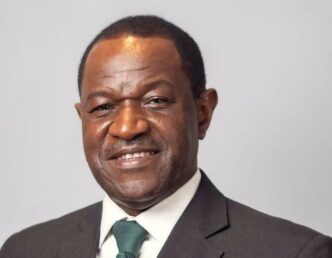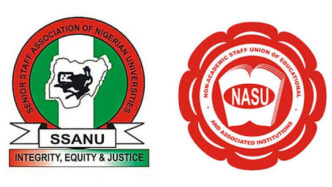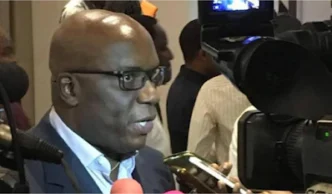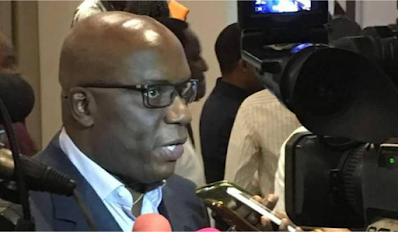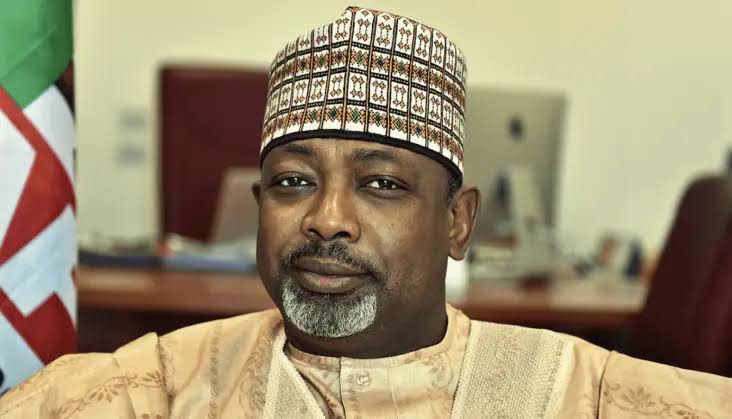The Nigerian Education Loan Fund (NELFund) has appealed to the National Assembly to support the full and timely disbursement of its 25 per cent allocation from the newly established development levy.
Gatekeepers News reports that the agency said this partnership is essential to strengthen its capacity to provide affordable education loans and expand access to higher learning for millions of Nigerian students.
The development levy, created under the National Taxation Act (NTA 2025), imposes a 4 per cent charge on the assessable profits of taxable companies—excluding small, non-resident firms and those subject to hydrocarbon tax. It is scheduled to take effect on January 1, 2026.
By law, NELFund is entitled to a quarter of the proceeds, a provision its leadership described as transformative for education financing in the country.
“The 25 per cent allocation from the development levy marks a pivotal step towards transforming Nigeria’s education financing landscape. It gives us the capacity to reach more students, strengthen our systems, and deliver on our mandate more effectively,” said Akintunde Sawyerr, NELFund’s managing director and chief executive.
He, however, stressed that effective collaboration with parliament and key financial institutions would determine the real impact of the funding.
“However, for this opportunity to translate into real impact, we need strong collaboration with the National Assembly in the appropriation process and in nationwide sensitisation, while also working with the Ministry of Finance and the Office of the Accountant-General to ensure efficient releases. Together, we can build a stronger, more inclusive system where no Nigerian student is denied the chance to learn because of financial constraints,” Sawyerr added.
The fund noted that for the levy to deliver its intended benefits, two critical conditions must be met: prompt appropriation by the National Assembly and timely releases by the Ministry of Finance and the Office of the Accountant-General.
NELFund also emphasised the importance of sensitisation campaigns to ensure students, families, and educational institutions are aware of the new opportunities. It plans to expand awareness drives, invest in digital loan platforms for greater transparency, partner with tertiary institutions, and extend outreach to underserved regions.
Reaffirming its commitment to transparency and accountability, the agency assured that all resources will be channeled into widening access to education and building Nigeria’s human capital.

